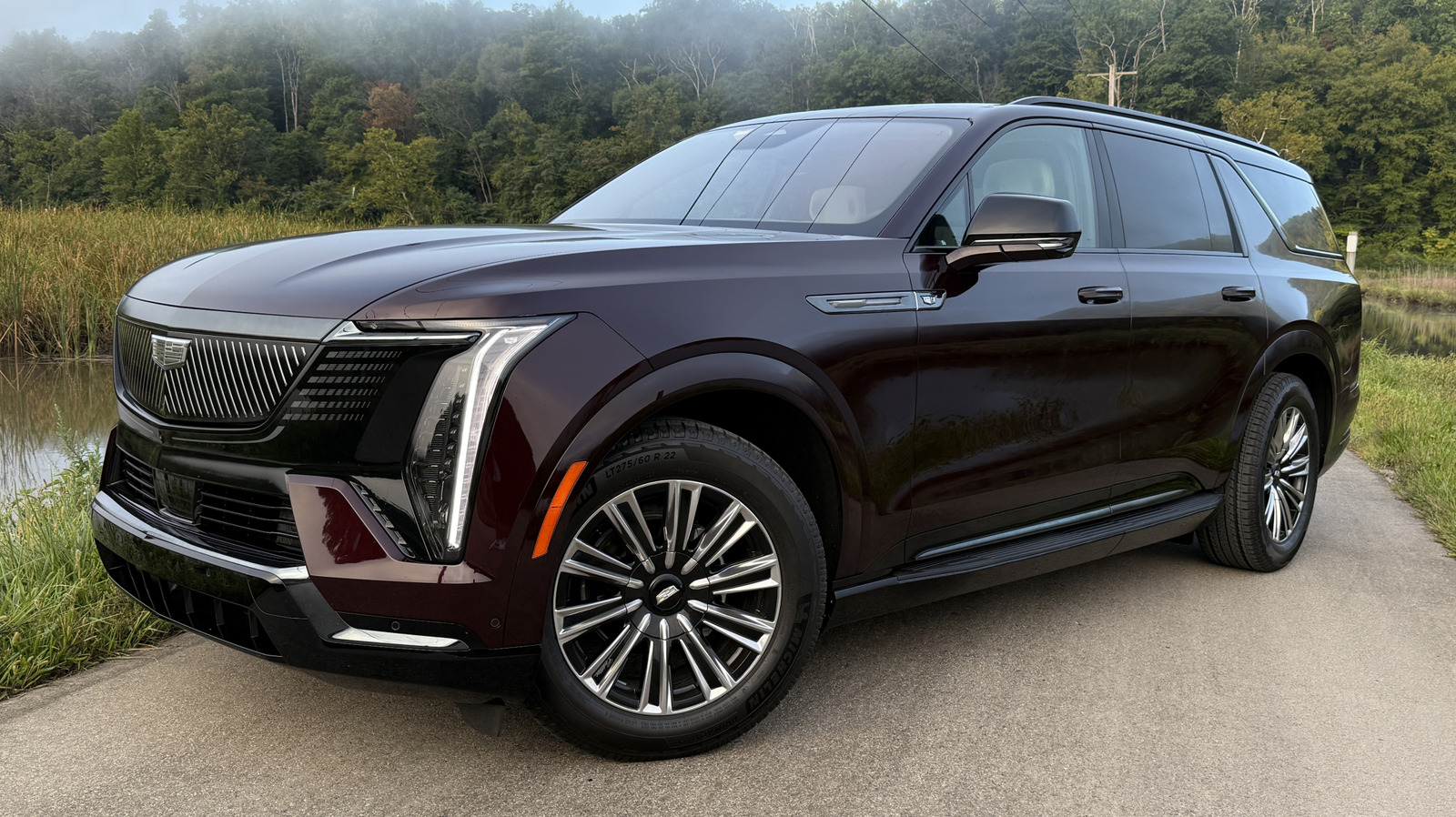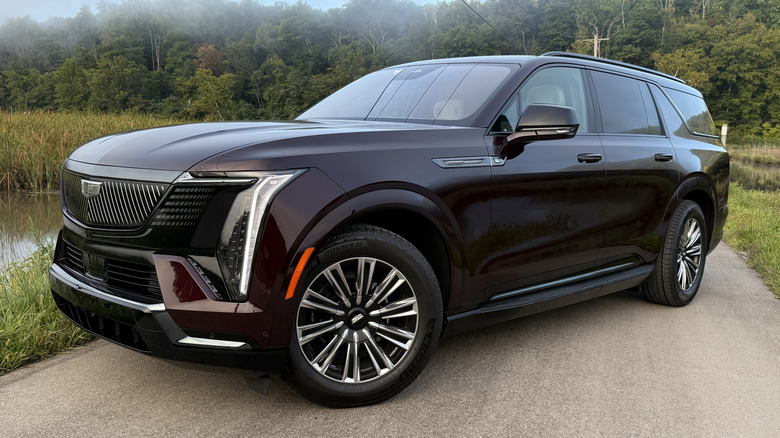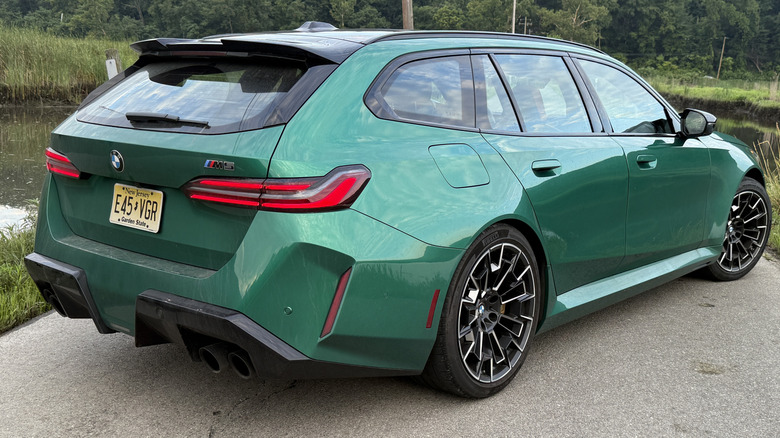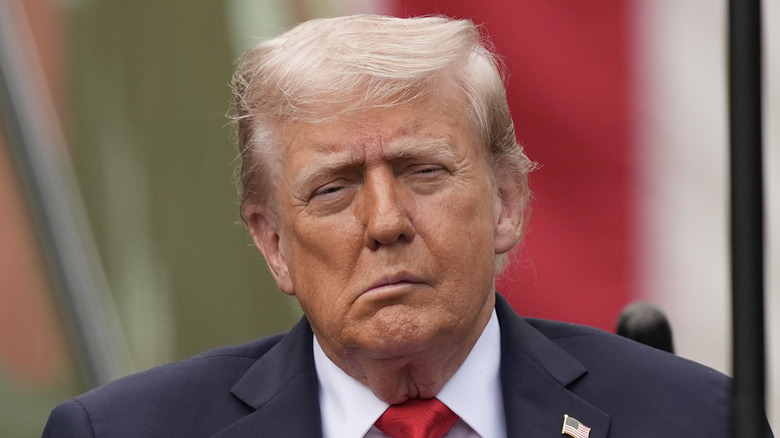If you read Jalopnik’s comments, then I’m sure you’ve been witness to countless people bemoaning the fact cars are getting heavier and heavier. Well, it doesn’t look like that is going to change anytime soon, and you can thank President Donald Trump for that — shocking, I’m sure. You see, high tariff costs and the President’s deregulation push might have the effect of causing automakers to de-emphasize weight savings in the name of cost savings. If this is what you voted for, then good for you. For the rest of us… Jesus Christ.
It’s expected that Trump’s levies on vehicles, parts, steel and aluminum will cost the industry as a whole about $188 million over the next three years, coming out to about $4,600 per vehicle by 2027, according to Automotive News. We’ve previously reported that right now OEMs are eating those costs, for the most part, but it’s forcing them to rethink their supply chains and reevaluate their products and investment plans to minimize tariff exposure. This is where things get heavy, literally.
It’s very possible that a car company could buy heavier but less expensive versions of a part from a supplier in an attempt to cut costs. When you add in the fact there isn’t much of a regulatory push for better fuel economy, things could change even faster and more drastically, the outlet asserts.
A losing battle with weight
As cars have become more tech and safety-laden, they’ve naturally become heavier. Because of that, automakers and suppliers have looked for ways to make them just that little bit lighter in an effort to increase fuel efficiency and battery range. Of course, lighter parts usually require more R&D, and thus, they cost more.
Still, these companies have worked hard and spent a lot of cash trying to get their weight down. A 10% drop in vehicle weight can be enough for a 6-8% improvement in fuel economy and greenhouse gas emissions, according to AutoNews. That makes a big difference in a world where the government cares about stuff like that. Luckily for these car companies — especially the Big Three — they no longer answer to a government that does. Sure, global standards aren’t going away, but the Trump Administration has shown an interest in rolling back environmental regulations and reversing Biden-era EV policies.
Short-term gains
With all of this being said, there could be some real long-term consequences for automakers if they ditch weight-saving measures. I mean, who the hell knows what the next (theoretically) presidential administration could have up its sleeve when it comes to environmental policies?
On top of that, these companies are global, serving customers far outside the United States. They risk becoming uncompetitive in other markets. That idea makes me think there could be a world in which the U.S. gets enshittened versions of global vehicles simply because our federal standards won’t be as high as those of other countries. I hope that’s not the case, but I wouldn’t be surprised.
Regardless, if you were dreaming of a world where cars were going to become light again, I suggest you go back to sleep, because, fella, that just ain’t happening.
We’ve obviously covered the exponential growth of car girth for quite a while over here. Last year, we told you about how giant trucks and SUVs are killing people at an alarming rate. We’ve also talked about how heavy modern cars are pushing parking structures too far and how big cars aren’t actually safe for occupants, either.





